Omdia’s Coverage of Medical AI
Many medical treatments have poor effectiveness and entail serious side effects. Also, many healthcare services are facing overwhelming demand. Can Artificial intelligence (AI) help address these problems? Omdia is examining the potential AI has to deliver transformations in healthcare. But what are the current applications of medical AI? Where is it headed in the future?
What are the risks and opportunities? These are some of the questions we are exploring.
Some of our free content is available below. We are also working on cutting edge industry intelligence in this area.

The Medical AI Podcast
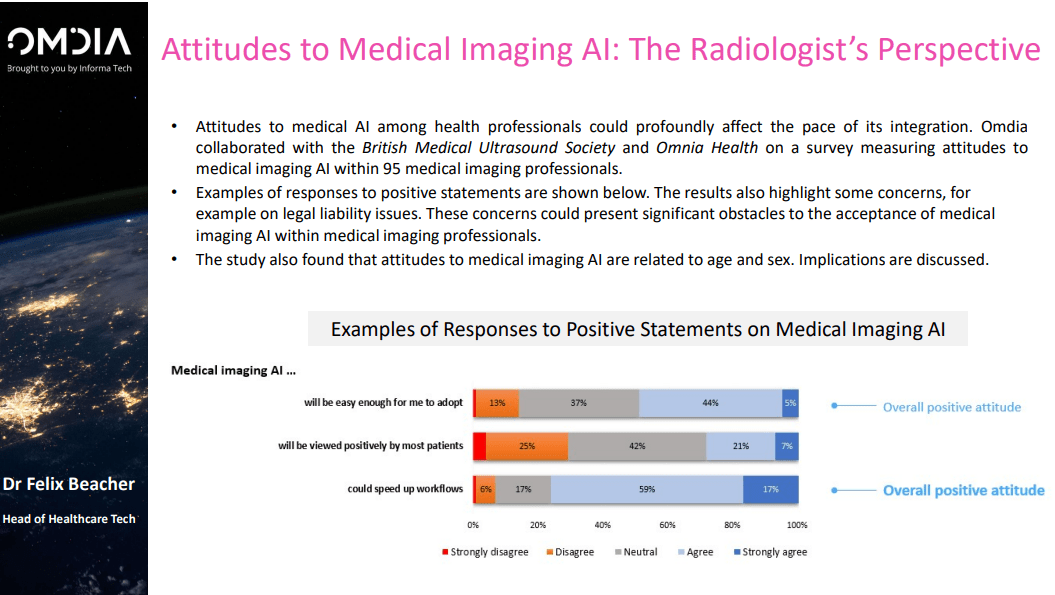
Attitudes to Medical Imaging AI: The Radiologist’s Perspective
Attitudes to medical AI among health professionals could profoundly affect the pace of its integration. Omdia collaborated with the British Medical Ultrasound Society and Omnia Health on a survey measuring attitudes to medical imaging AI within 95 medical imaging professionals. See summary findings here.

How medical AI promotes the democratization of health care
Democracy, it has been said, is two wolves and a lamb voting on what to have for dinner. We may want the final say in politics, but the powerful can still dominate, to the detriment of the vulnerable. Democracy can be a double-edged sword.

AI-powered medical imaging to detect prostate cancer
Can AI systems outperform radiologists in diagnosing cancer? If so, why don’t we see such systems in clinical practice? What does the future hold? And would you rather be assessed by a human physician or an algorithm.

The Deadly Case of the Therac-25: A Warning for Medical AI?
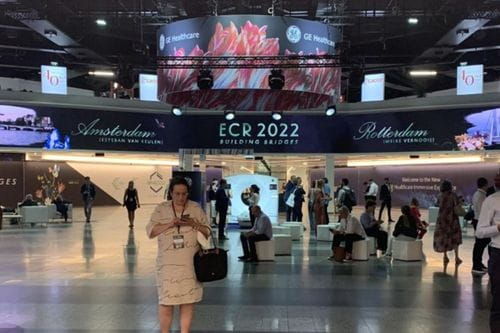
ECR 2022: Medical imaging AI continues to evolve into 2022 and beyond

AI-powered medical imaging to detect prostate cancer
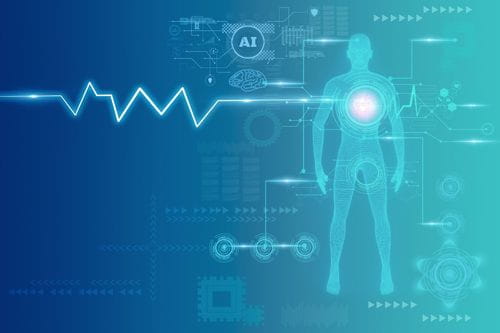
The regulation of medical AI in the UK

Precision medicine and the Big Pharma paradox
If AI-powered personalized health care hurts business, will drug companies squash it? An opinion piece by the head of healthcare tech at Informa Tech.

The promise and perils of AI-powered home ultrasound devices
Home ultrasound makers are touting the merits of their devices. But what are the risks? An opinion piece by the head of healthcare technology at Informa Tech
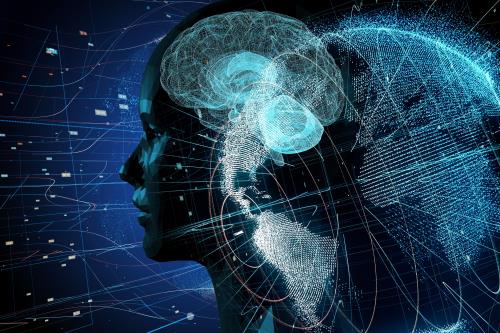
ECR 2022 Rewind: AI advances are tops among trends on display
Following two gloomy years absorbed by COVID-19, the ECR returned to an in-person event this year. The pandemic has changed the way radiologists interact with patients, technology, and colleagues.
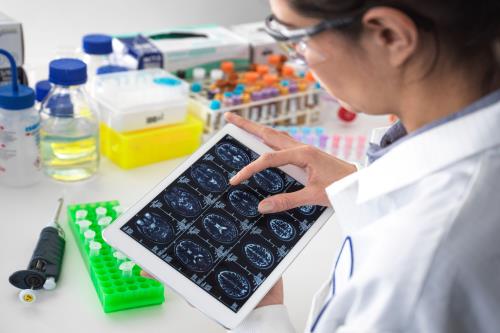
Medical AI: What are the attitudes of imaging practitioners?
The potential of medical imaging artificial intelligence (AI) is widely acknowledged to be game-changing. For example, there is a large body of studies that have reported levels of diagnostic accuracy for AI that exceed that of human experts.